Blocked at the border: Young families, pregnant mothers struggle for asylum
ABC's "Nightline" has tracked the true impact of Trump's immigration crackdown.
In the middle of a sprawling collection of canvas tents, Melissa prepared a hot meal for her husband and 9-year-old daughter.
She used a makeshift stove built out of mud and bricks to fry tortillas and eggs — a rare treat in their encampment on the outskirts of Matamoros, Mexico.
But Melissa, who is five months pregnant, was also thinking about a fourth mouth to feed.
“I often get cravings to eat many things but sometimes there is no money to buy food,” said Melissa.
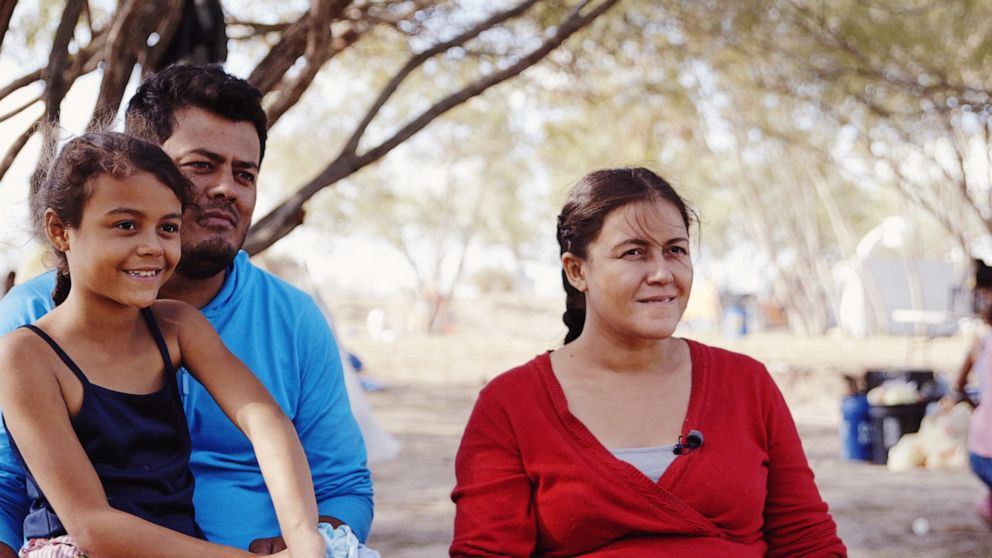
Like most others in the encampment that's just a stone’s throw away from U.S. soil, Melissa and her family had crossed the southern border to seek asylum, only to be returned to the Mexico side where they would have to wait.
The family found themselves caught at the center of the Migrant Protection Protocols (MPP) — also known as the “Remain in Mexico” policy — a Trump administration initiative that has forced tens of thousands of Central Americans to wait outside the U.S. for their chance to appear in immigration court.
Melissa, who asked ABC News not use her real name out of concern for her family’s privacy, was worried about how sleeping on the ground for several weeks would impact the health of her unborn child.
“I endure a lot of cold and sometimes it makes me cold and my baby moves a lot,” she told ABC News in Spanish. “My belly is very cold. It’s all really hard.”
Fear has largely kept the roughly 1,500 migrants in the camp from moving further into Matamoros, which is designated by the U.S. State Department as one of the most dangerous regions in Mexico. At night, Melissa's husband and other men in the camp would take turns watching over the mothers and children.
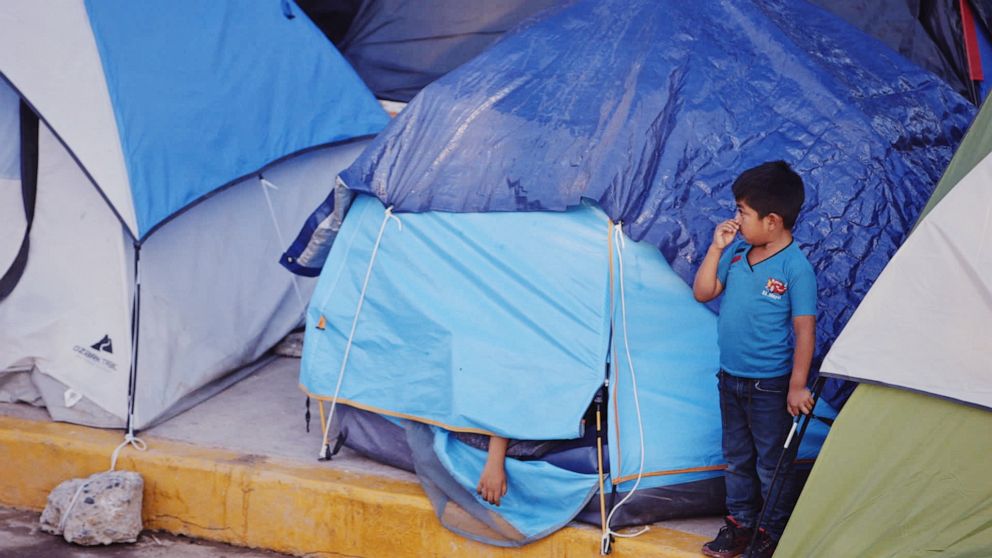
Trump administration officials say returning migrants to Mexico is a necessary risk to avoid overwhelming immigration authorities as they attempt to stop illegal cross-border trafficking. The number of attempted unauthorized crossings has sharply declined in recent months, from a peak of more than 144,000 in May 2019 to just over 40,000 in November.
“Creating a categorical exclusion for pregnancy could have a range of potential negative implications, including the choice between the invasiveness of testing every woman for pregnancy versus making assumptions based on appearance,” a spokesperson for the Department of Homeland Security said. “Instead, CBP reviews every individual based on the facts before them, remaining guided by core values of vigilance, service and integrity.”
Ken Cuccinelli is the newly appointed acting deputy secretary at the Department of Homeland Security and an outspoken advocate for the administration’s recent attempts to control the border. In a recent interview, ABC’s Juju Chang pressed Cuccinelli about the dangers Melissa and her family faced in Matamoros.
“We have to parse through and adjudicate the claims where people are not going to be granted asylum, or other immigration benefits, to get to the people who have the kind of legitimate claims that you're expressing concern about — a concern that I share and that the administration shares," Cuccinelli said.
Since the protocols first started in January, more than 60,000 migrants have been sent back to certain Mexican border towns. In the first nine months, fewer than 3% of those subjected to the “Remain in Mexico” policy received direct legal representation, according to a government data analysis from Syracuse University.
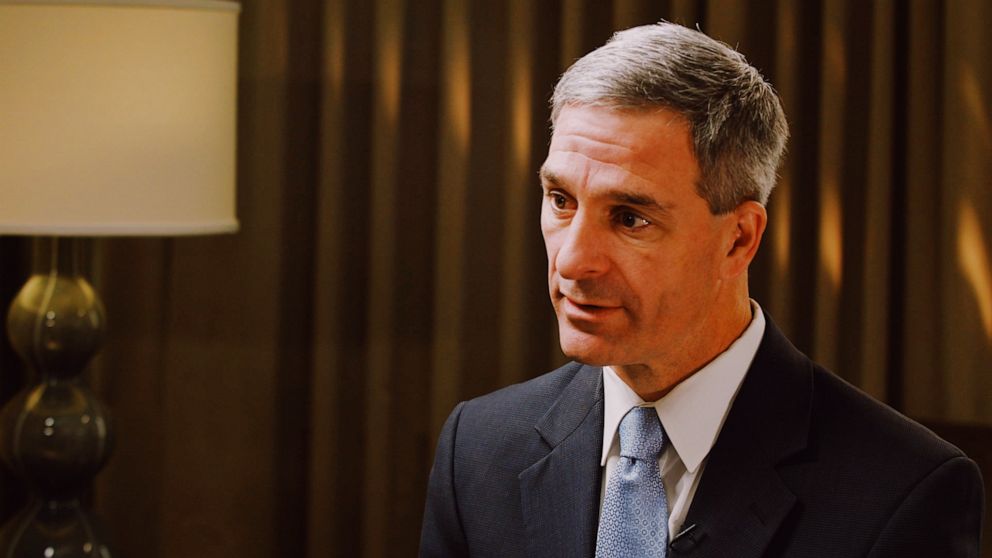
Those made to wait in Mexico have the option to petition for removal from the MPP program as long as they’re able to prove their fear of returning to one of the border towns is legitimate. Cuccinelli said one in six MPP migrants who tell U.S. officials about their fear of returning to Mexico are allowed out of the program.
Melissa and her family say they ran from their home in Honduras after her husband was beaten and targeted by gangs. She said they wanted to kill him but that they were only able to steal his motorcycle, his cellphone and money.
Homeland Security officials responsible for running MPP have said immigration officials will hear claims at any time, but the burden falls on the asylum applicant to speak up and understand how to present their case.
Immigrant advocates say it’s an unbearable hurdle for those stranded in Mexican border towns with little access to legal resources.
From within U.S. Citizenship and Immigration Services — the agency that runs MPP — asylum officers have decried the protocols, and while some have remained anonymous in news reports, others have spoken out.
Douglas Stephens used to be one of those officers. He spent two years as an asylum officer for U.S. Citizenship and Immigration Services, then resigned in protest after raising serious legal and ethical concerns about his role in the MPP policy.
In an email telling his boss he would no longer participate in MPP, Stephens acknowledged that the program’s legal standards are similar to those already in place in immigration court.
“However, we are conducting the interviews telephonically," he wrote, "often with poor telephone connections, while at the same time denying applicants any time to rest, gather evidence, present witnesses and, most egregious of all, denying them access to legal representation."
“For anyone claiming asylum or protection, they need to show a connection between the harm that they've suffered and the reason that that harm was inflicted,” Stephens told ABC News. “And that connection, it’s not always intuitive.”
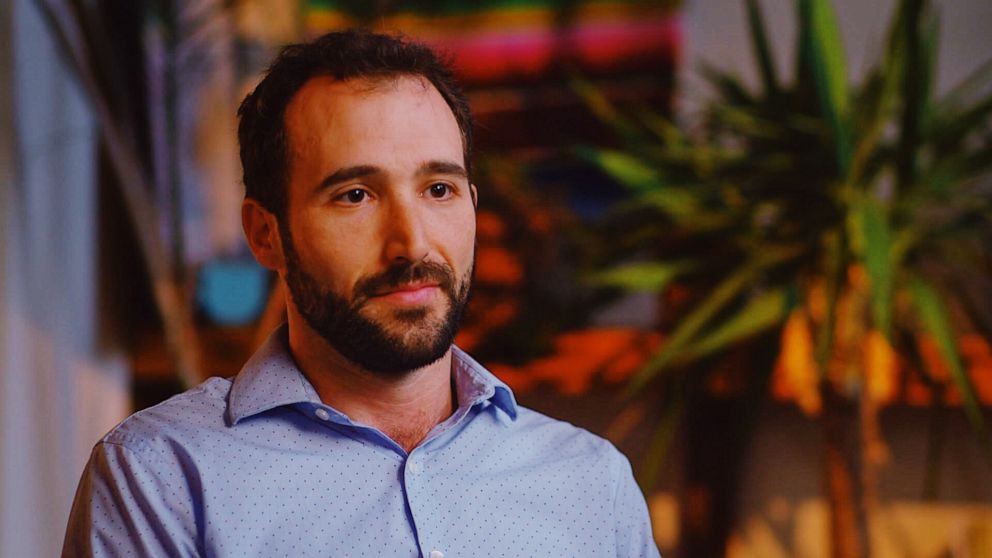
To get released from the program, applicants must show they are “more likely than not” to face targeted persecution while waiting in Mexico.
“That's why there are lawyers,” Stephens added.
With the help of a non-profit public advocacy organization called the Government Accountability Project, Stephens has publicly discussed his MPP work and says his former co-workers share his concerns.
Michael Knowles, who leads an asylum officer’s labor union, testified before Congress last month that concerns at the agency were widespread.
"These policies are blatantly illegal, they are immoral, and indeed, are the basis for some egregious human rights violations by our own country," Knowles told a House subcommittee. "I don't know a single asylum officer in the country — and I speak to them all over the country — who believes it is a good policy.”
Enforcing a ‘multi-pronged strategy’
Referring to the new asylum restrictions, Cuccinelli said that "so far, it has been a success...and a great example of cooperation with the government of Mexico because they obviously have an important role to play here."
The “Remain in Mexico" policy is one of several ways the Trump administration has worked to restrict migration at the southern border.
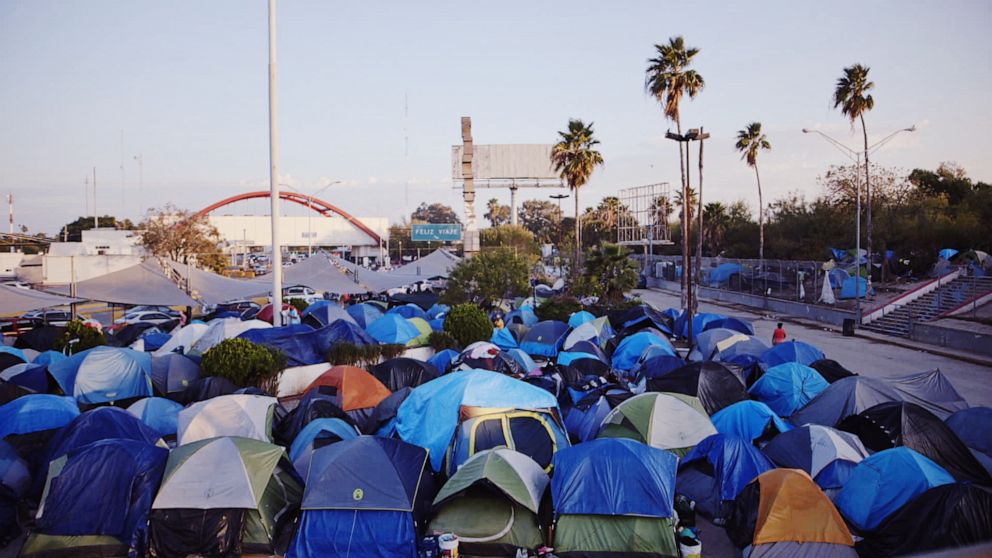
Over the past year, the U.S. signed three agreements with the governments of Honduras, Guatemala and El Salvador to send asylum seekers back to the Central American region, known as the Northern Triangle, before making a claim on U.S. soil.
The Supreme Court in September upheld a Trump administration policy change that requires refugees to apply for asylum in the first country they travel through before reaching the southern border. A pending decision from the 9th Circuit Court of Appeals will decide the fate of both the new asylum application restrictions and the “Remain in Mexico” policy.
The Trump administration has applied public pressure on Mexican officials responsible for accepting those who've returned. Initially, the Mexican government refused to accept returns from areas outside Tijuana, where the policies were first implemented in January.
However, despite objections from Mexico’s National Immigration Institute Commissioner Tonatiuh Guillen Lopez, the program has continued to be implemented at six border crossings over the past year.
Mexico’s embassy in Washington D.C. did not respond to ABC News’ repeated requests for comment.
Despite Mexico's cooperation, Customs and Border Protection chief Mark Morgan has continued to demand more involvement to restrict migration further.
“We need Mexico to do more,” Morgan said at a White House press briefing in September. “Mexico needs to continue to work with our intelligence folks to use information, share intelligence and develop target enforcement actions at strategic locations in their country."
Alternatives to “Remain in Mexico”
Trump administration officials, including Morgan, have said that the “Remain in Mexico” policy is necessary to relieve the strain on the immigration enforcement system while ensuring migrants don’t evade authorities once inside the U.S.
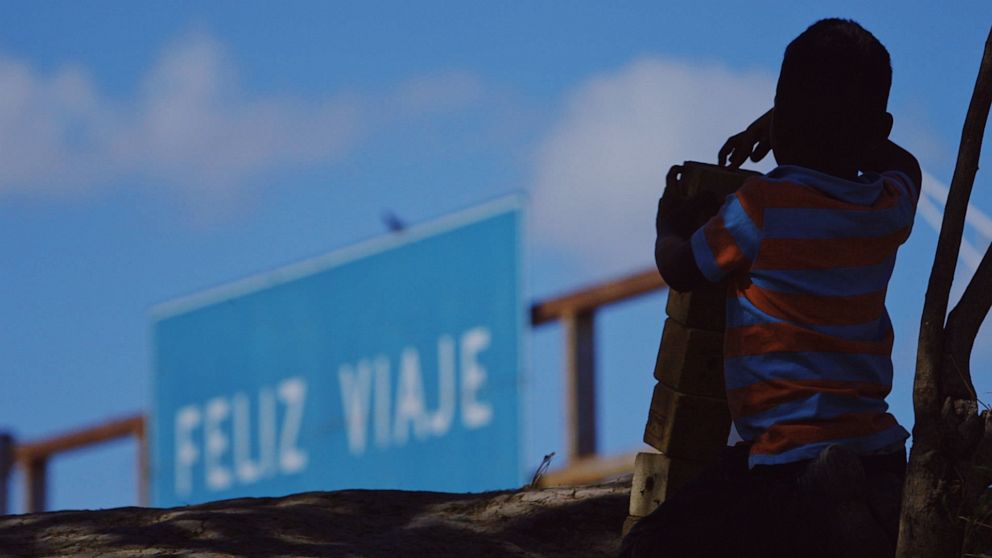
Immigrant advocates, however, argue that there are safer alternatives to the policy that would give migrants more access to the legal services they need to make an effective claim.
One frequently cited example is the Obama administration's Family Case Management Program, for which more than 99% of families who participated showed up for their court hearings and appointments with ICE, according to data from the Women's Refugee Commission.
The program was discontinued in the months after President Trump took office.
Relief at last
Built on-site at the port of entry in Brownsville, Texas, temporary court facilities erected by the Trump administration are meant to quickly adjudicate immigration matters.
But citing security concerns, Customs and Border Protection carefully restricts access to the facilities. Even some lawyers have reported being barred from observing hearings.
Melissa skipped her first hearing at the so-called "Port Courts" because she would not have been able to attend with her husband and daughter and she was worried about becoming separated from them.
With the help of the American Civil Liberties Union, Melissa joined 18 other pregnant women in filing a formal complaint with the Department of Homeland Security's Office of Inspector General.
At Melissa's husband’s hearing two weeks later, the family got another shot to make their case. They were successful in earning their release from the protocols and will have the chance to fight for their asylum claim while waiting in the U.S.
Today, Melissa's family is living with her sister in Ohio. She said being reunited and having a home to stay in "feels like a dream and I don't want to wake up."
“Our dream is to be here," Melissa said. "A new beginning, and that my daughter can study and that my baby can have many opportunities.”



